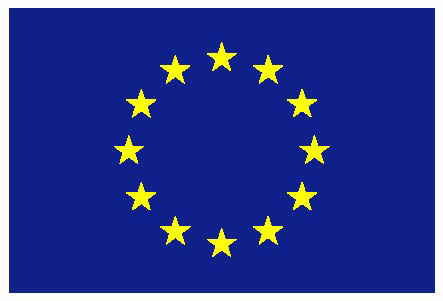Edna Pasher is the first management consultancy in Israel to specialise in leading strategic change management processes, be involved in international research, and practice state-of-the-art innovative approaches in the areas of strategic renewal, innovation management, and social research. Edna Pasher is a founding member of the European SOL Sustainability forum. Edna Pasher research focuses on facilitating change and addressing social and human aspects within communities and organisations in the fields of healthcare, education, municipalities, welfare and sustainability.
